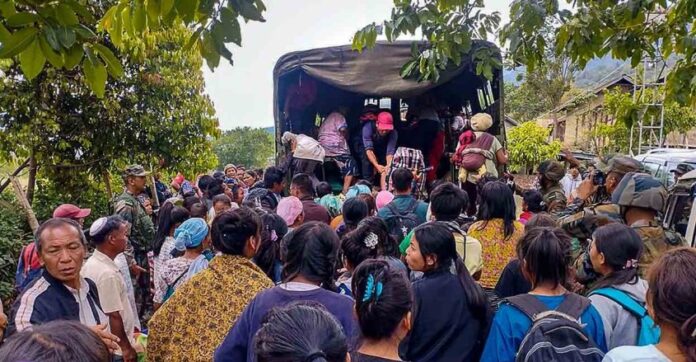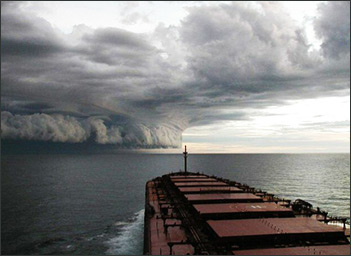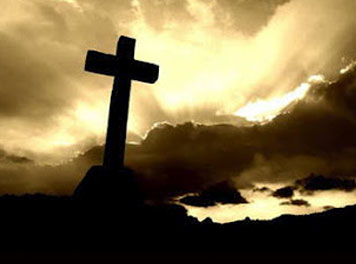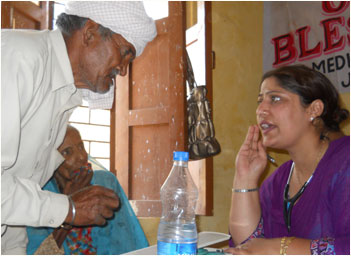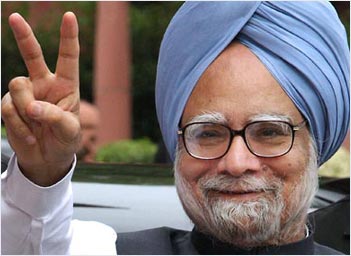THE Christian Kuki-Zo community in Manipur, a state in northeast India, is in the throes of an escalating humanitarian crisis. Communal tensions have resulted in widespread violence, leaving at least 146 dead and displacing over 41,000.
The conflict in the northeastern state ignited earlier in 2023 following a divisive court directive. The order proposed extending special economic benefits and quotas to the majority Meitei Hindu populace—benefits previously exclusive to the tribal Kuki-Zo people. Moreover, the proposed change would permit Meitei purchases of land in historically Kuki-Zo territories.
The sustained violence has not only shattered lives but also infrastructure. Over 7,000 Christian homes and 350 churches have been destroyed.
Mary Beth, a volunteer in the Kuki-Zo district, told Christian Solidarity International (CSI) that inadequate medication and poor sanitation have led to the deaths of at least 53 displaced individuals, including numerous children, in the district.
Beth said that around 60 percent of the displaced people have been sleeping on the ground for over six months. Despite families averaging four members, the government has provided only one blanket and mattress per family unit.
The rainy season is making the already poor living conditions worse. Floors are wet, and the health of asthmatic children is worsening. Other children are experiencing cold and fever. Additionally, a number of children have reportedly died following a measles outbreak.
Tensions are now rising again after a Meitei police officer was fatally shot by a suspected Kuki-Zo sniper on October 31 in the town of Moreh near the Myanmar border. Violence from Meitei extremists and law enforcement followed, targeting Kuki-Zo communities. Reports detail brutal assaults on women and girls, men beaten and rampant looting.
Despite the presence of the army, daily assaults persist. Meitei women blockade key routes, severely curtailing military intervention capabilities and allowing the violence to continue unimpeded. Young Kuki-Zo residents have resorted to arms in a desperate bid to defend their homes. The local police force is known to be biased against the Kuki-Zo community.
In September, United Nations experts issued a statement on Manipur. “We are appalled by the reports and images of gender-based violence targeting hundreds of women and girls of all ages, and predominantly of the Kuki ethnic minority. The alleged violence includes gang rape, parading women naked in the street, severe beatings causing death, and burning them alive or dead,” the experts said.
The European Parliament passed a resolution urging the Indian government to restore peace in Manipur stating, “There have been concerns about politically motivated, divisive policies promoting Hindu majoritarianism, and about an increase in activity by militant groups,” the resolution stated. There are also “accounts of partisan involvement by security forces in the killings have increased distrust in the authorities.”
As the conflict marked its six-month point on November 3, the Kuki-Zo Christians of Manipur remained mired in a profound and worsening humanitarian crisis. CSI is working with its local partner to assist victims.



